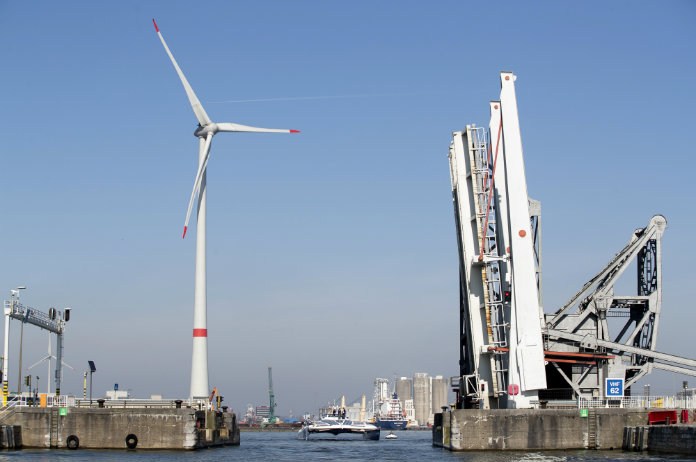Belgium is steadily progressing towards most of its Sustainable Development Goals (SDG) as set forward by the United Nations’ 2030 Agenda, according to data published by Eurostat, the European Union’s statistics agency.
Belgium is progressing towards its targets in all but one field, and is largely doing so at a rate above the European average. The country is making significant progress in reforms to industry, health and well-being, justice, and economic growth.
The 2022 “Monitoring report on progress towards the SDGs in an EU context” gives further details about the progress of Belgium in hitting its specific development targets. The country has committed itself to improvements across all aspects of the economy, government, environment, and society.
Steady progress
Notably, Belgium currently has the second highest expenditure, as a share of GDP, towards the research and development industry within the EU. It also employs the second highest percentage of its population in this field. According to the Eurostat data, Belgium is quickly making progress in this field, and more than the EU average.
Belgium spends around 3.5% of GDP towards this goal, which is hoped to bring advances that will reduce the impact of industry on the environment.
In the field of health and well-being, Belgium also now has one of the highest shares of people with “good or very good perceived” health within the European Union. In 2020, around 75% of Belgians positively assessed their health.
The prevalence of smoking in Belgium is also one of the lowest in Europe, below the EU average of around 25% of adults being smokers.
Related News
- Belgium joins efforts to create Europe's largest sustainable energy plant in North Sea
- EU makes progress on reducing poverty, but slow on climate action
Similarly, Belgium is making strong advances in its judicial and institutional reforms, according to the Eurostat index. This takes into account factors such as homicide rates, crime reporting rates, confidence with institutions, and corruption perception.
Over 10% of Belgians report crime, violence, or vandalism occurring in their local area. Belgium also spends over €100 per inhabitant towards law courts. Around 55% of Belgians describe their justice system as “fairly good” and rank the country over 70 out of 100 for its lack of corruption.
Environmental struggles
However, Belgium is not advancing in all fields. Eurostat demonstrates that in regards to clean water and sanitation, Belgium is moving away from its goals and is well below the EU average. Belgium is currently experiencing extremely high levels of water stress and drought.
The UN uses a measure which assesses the availability of basic sanitation, wastewater treatment, water quality, and water use efficiency.
Findings show that Belgian rivers are some of the most polluted in Europe and nitrates found in groundwater are the fourth highest in the EU. Belgium has, by far, the highest levels of phosphate in its rivers at over 0.2mg per litre, almost four times higher than the EU average.
Belgium is equally making slow progress towards its hunger targets and “life on land” goals.
Obesity in Belgium has risen significantly since 2014, agricultural incomes have fallen, and government support for agricultural R&D is relatively low.
Belgium has the 5th lowest share of forest area within the EU, the third highest level of soil covered by building and construction, and a low percentage of protected wildlife areas.
According to the European Environmental Agency, Belgium is continuing to enhance its cooperation with other countries and is paying particular attention towards environmental development goals.

